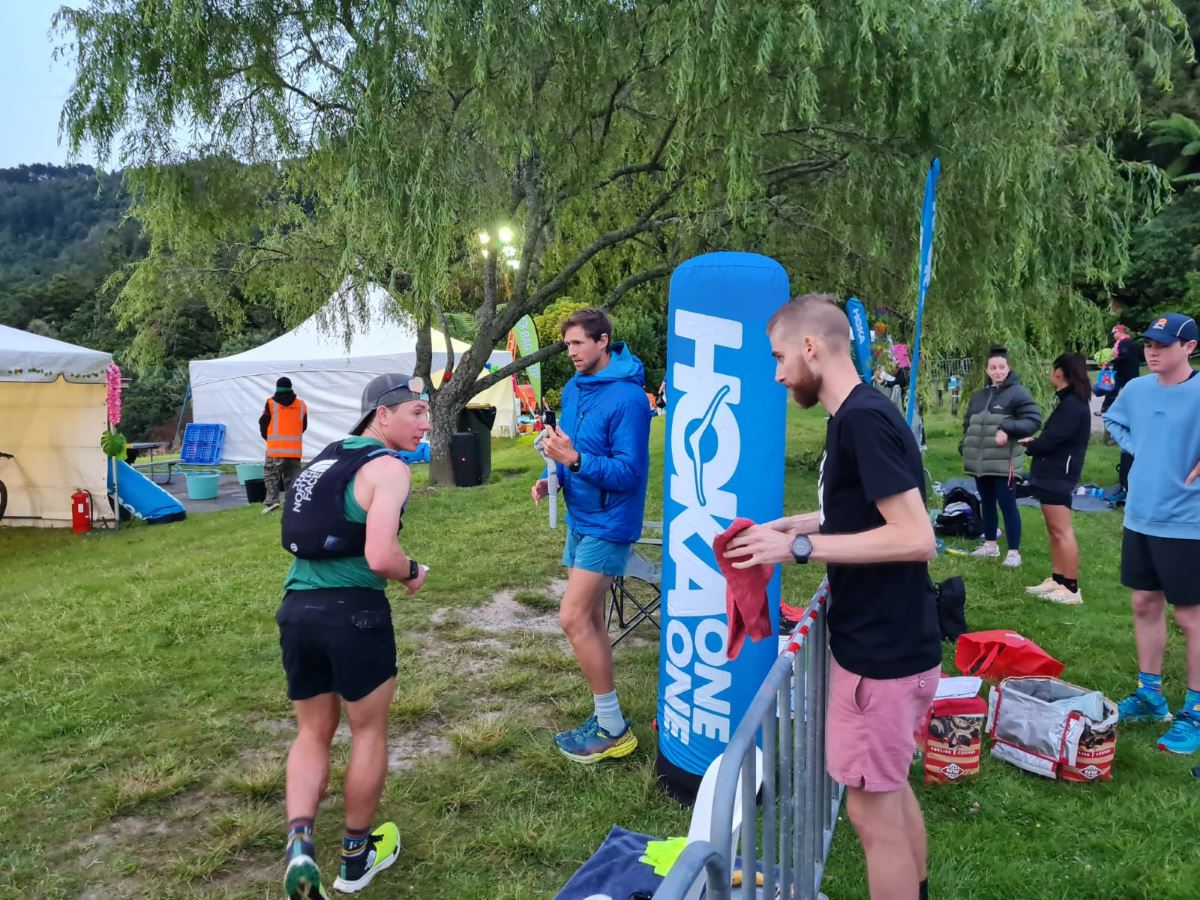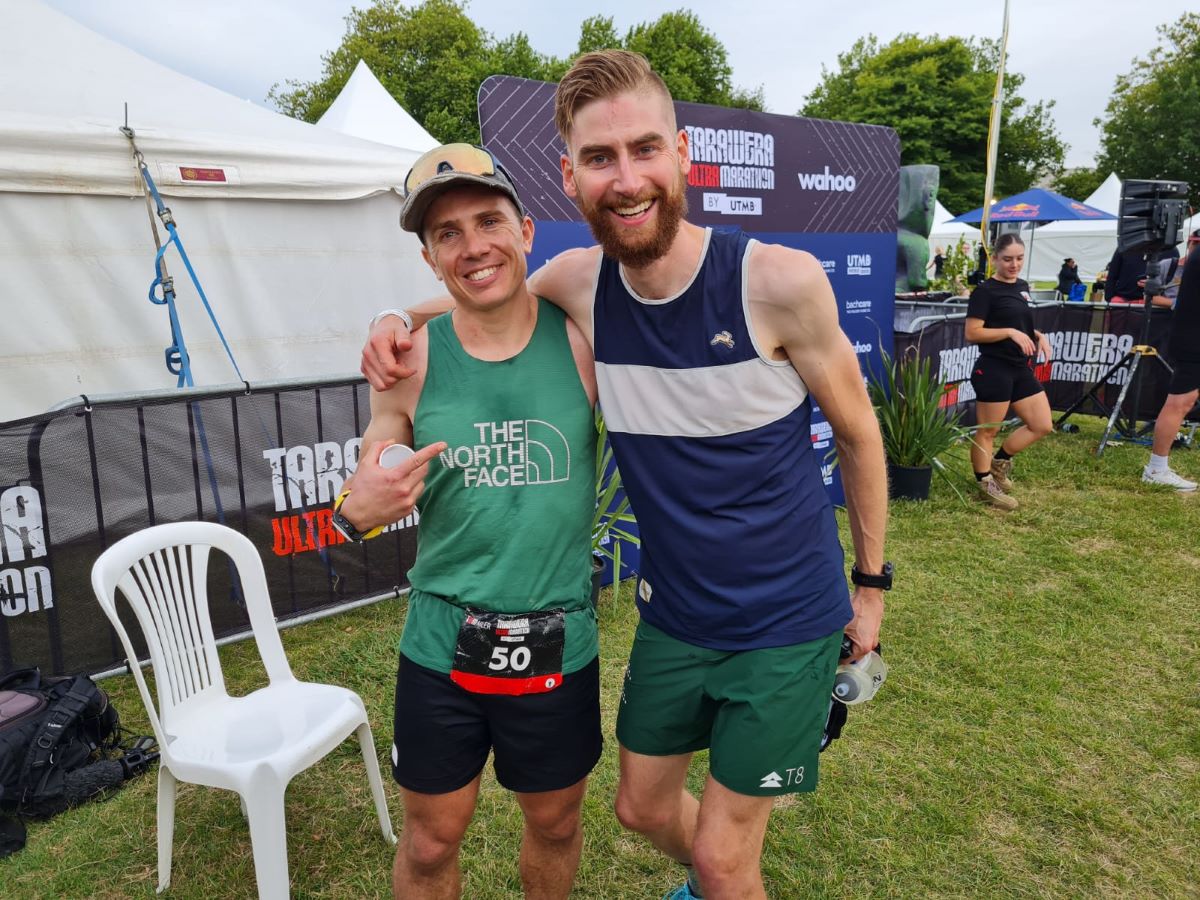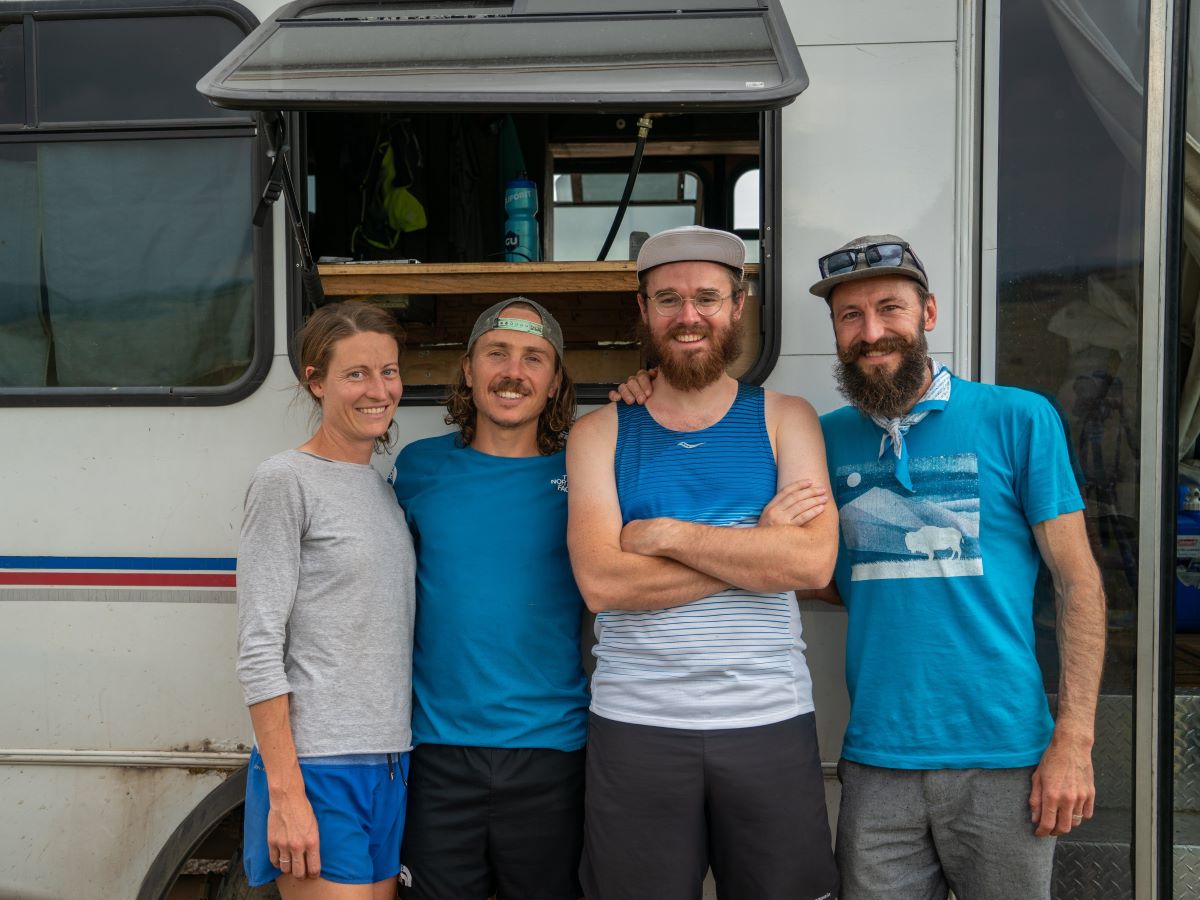When I was in high school, I loved following the Tour de France. It was the era of Lance Armstrong and Floyd Landis. Armstrong was America’s Superman, and for the people of Lancaster County, Pennsylvania, where I grew up, Landis was our hometown hero. Both men won the Tour. Both men were found guilty of doping. For American fans, it was devastating. But this article isn’t about doping. It’s about something else.
At that age, one of the things that I found interesting about the Tour de France was that it was a team effort. Sure, there was a massive amount of attention given to which individual athlete would win the Tour, yet it was clear that it was anything but a solo endeavor. Even a rider as strong as Lance Armstrong needed to have a team to help him stand atop the podium. Furthermore, I was also under the impression that teams, or at least Armstrong, had a sort of “right-hand man” who helped him along the way. I remember this because I was told that prior to becoming the lead rider of his team, Floyd Landis had served as the right-hand man to Lance Armstrong.
Now, perhaps high school me was given erroneous information on Floyd and this whole right-hand man thing, but whether or not it is accurate is beside the point. What matters here is that I loved the concept of a right-hand man, a guy dedicated to riding his heart out so that someone else could get to the top. To me, that sounded awesome. I thought it would be so cool to be that guy.

The author getting a little help from friends during the Tarawera by UTMB 100 Mile. Photo courtesy of Joe Gallaher.
I’m not sure why I was drawn to the idea of being a right-hand man. Perhaps it was because it seemed like less pressure to be the helper than to be the guy responsible for sealing the deal. Maybe it was because I felt like I would probably never be the best, but I might be able to work hard enough and take enough abuse to sacrifice myself for the top dog. Or maybe I liked the idea of helping someone else succeed. Perhaps I felt like I could suffer even more for someone else than I could for myself. Whatever the reason, I just thought that would be so cool.
Fast forward many years, and here I am, traveling all over the world trying to win races. It’s funny. I dreamed of being the right-hand man, yet here I am, striving to be the top dog. (It doesn’t always work out.)
But as I race, I’ve noticed something. I feed off of supporting other people. It could be as simple as taking time during a race to ask how teammates or friends are doing. It could be by interacting with other runners when a race has an overlapping section, such as an out-and-back, a lollipop, or a repeated loop. Years ago, this was the case in The North Face Endurance Challenge 50 Mile Championships. It also happens at Lake Sonoma 50 Mile, and most recently, I experienced it at the Tarawera by UTMB 100 Mile due to its course changes for this year.

Zach Miller (left) with right-hand man Joe Gallaher at the 2023 Tarawera by UTMB 100 Mile. Photo courtesy of Joe Gallaher.
However, I don’t think the phenomenon applies only to endurance events. Just the other day, I watched a clip on Instagram in which world-renowned sprinter Usain Bolt was shown expressing kindness to people before his races. It was heartwarming to see, and it made me wonder, Why was he doing that?
The answer could be as simple as being a friendly guy who enjoys the interaction. Or maybe his experience is similar to mine. Perhaps it helps to distract him from the pain and pressure that he is under himself. Maybe those interactions give him a sort of internal spark, an energy he can feed off of. Maybe it makes him feel a little bit like the right-hand man.
I can’t tell you why Usain Bolt does those things. I also can’t tell you what the right-hand man of the Tour de France feels. All I can tell you is what I feel. When I get to cheer others on mid-race, it feels good. When I get to run a race, wondering about and asking how my friends are doing, it makes me feel invested in someone other than just myself. Perhaps it also makes me feel like we are doing this effort together. And if nothing else, it serves as a distraction from my own suffering.
All of this makes the severity of the hard things — the pain, the nerves, the thought of how many miles and hours are left — seem a bit more manageable. So, next time you run a race, I suggest that you employ this weapon of outward focus. But don’t feel like you need to save it only for the trail. Take it to work, school, and anywhere else you may go. Because life itself is a journey, and I think being too focused on yourself — your goals, your happiness, your problems, your shortcomings — can lead you to a miserable place.
So, pick your head up. Look at those around you. Offer them a smile, a fist bump, a word of encouragement, or maybe even a joke. Because if you think about it, we’re all in the same race, and it’s a lot more fun if we cheer each other on.
Call for Comments
- Do you find cheering for others helps to keep you relaxed about your own racing?
- Have you had any great experiences of crewing or being involved in someone else’s racing effort?

